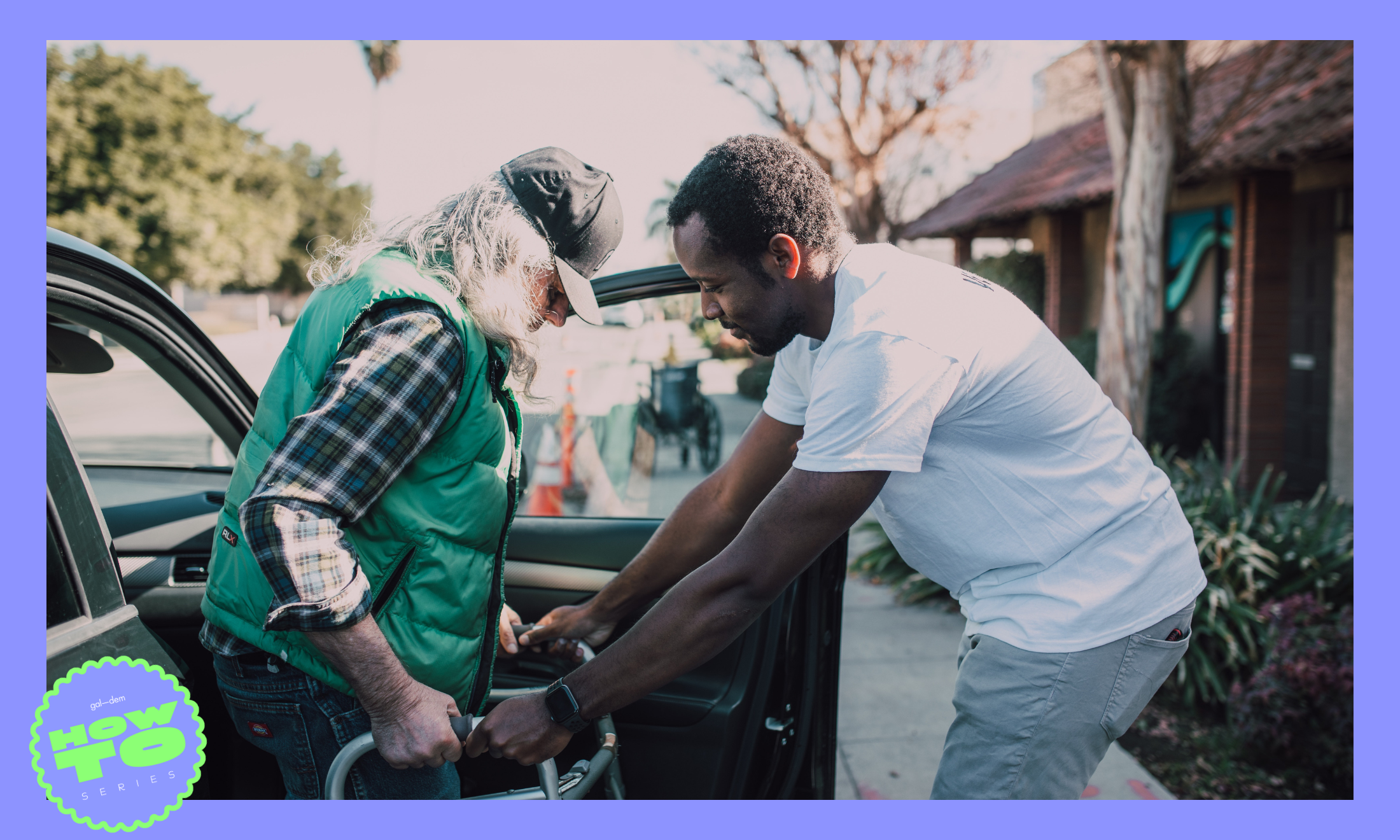
TW: mentions of suicide
“No, you don’t” is a phrase I hear very often. Each time I’ve been brave enough to voice any of my struggles in the past, be they physical or mental, I am simply told they do not exist. I knew from a young age that talking to my mother about my mental health was not an option. I could not express myself, she just didn’t believe me. Talking to her is something I simply cannot do.
In some Pakistani communities, there is a disbelief around mental health. I have known people who have attempted suicide and were still not taken seriously by their families and communities. Even if a person were to seek mental health assistance, it is not something one would ever be encouraged to speak about. Depression simply isn’t real and anxiety disorders are most definitely a “white person thing”. Any other mental illness is practically unknown. All you can do is keep quiet, continue with your life, and hope things don’t get too bad.
“When you cannot book your own GP appointment or leave the house without explicit consent, then seeing a professional is even more difficult”
In my life, and in the lives of many other Pakistani girls I know, privacy is also a foreign concept. By not being able to conduct our own private business, our communities set up a further barrier in seeking mental health assistance. When you cannot book your own GP appointment or leave the house without explicit consent, then seeing a professional is even more difficult. For me, this wasn’t an issue for a long time. I most definitely had issues, but they were not life-threatening. I knew I needed help, but I could wait. I decided to wait until an unspecified time of “freedom” in which I could seek help and my life would truly begin. In hindsight, waiting was one of the worst things I could have done.
Everyone has high and low points in life. My low points happened to make me suicidal. At 17 my mother threatened to pull me out of education. I would lose my interests, my friends and my path to mental health support in one swoop. This was one of the first times I truly reached breaking point. My mental health has not recovered since then. I spent an entire year on the verge of tears, if not actively crying. I never looked when I crossed the road and whenever I was in a car I would pray to be involved in an accident. Still I didn’t seek help, I couldn’t seek help. I became fixated on the idea of a “somewhere” and a “someday” where I could say things, express things and actually be believed. I knew these destructive thought patterns were not me, but my mental illness. All I could do was wait.
As a result of the setback I had at 17, this journey has taken me even longer than anticipated. I am now 21 and have only recently felt safe enough to allow myself to reach out. I now attend university miles away from anyone I know, book my own GP appointments, and can get counselling without the oppressive judgement I am used to. I was so obsessed with the elusive “someday” that it took me a long time and lots of encouragement to realise I was finally there.
“My counsellor asked if my mental health problems were a recent development. No, I said. I told her I had waited”
I was so committed to waiting, that minimising my problems and the state of my mental health was, and still is, a reflex. I told myself that I had to pretend it wasn’t happening, at least until “someday”. Reflexively minimising my own suffering meant I was at university for a year before I actually felt safe enough to ask for a counselling appointment. My counsellor asked if my mental health problems were a recent development. No, I said. I told her I had waited.
Seeking help was hard and accepting help was almost as difficult. I still feel the remnants of fear and question whether I am lying to myself and to my counsellor. I do not know how much of my mental illness is just me, and how much was inflicted on me. I am positive that I would not have got this bad, had I been allowed to access help earlier on in life. My counsellor says I am too unwell for her to help me and that I should seek more intense therapy, or consider medication. I wonder, how much of this could have been avoided if I didn’t have to wait?
Years of being told that my feelings and mental processes were not real but were irrational, have taken their toll. I still feel as if I am trespassing, as if mental health treatment isn’t for me, and I am lying. That I should still be pretending this isn’t happening to me. I am embarrassed. When my counsellor suggested I go a step further and start taking medication, I was taken aback. Where I come from, people don’t do that. I had no idea just how many options were open to me, or what different kinds of therapy and medication there are. I am learning so much about mental health and, in retrospect, just how much of my life was shaped by how poor my mental health was. I just wish I didn’t have to wait.
Note: if you or a loved one are suffering from depression please seek professional help as soon as possible. More information and online help centres can be found here.









